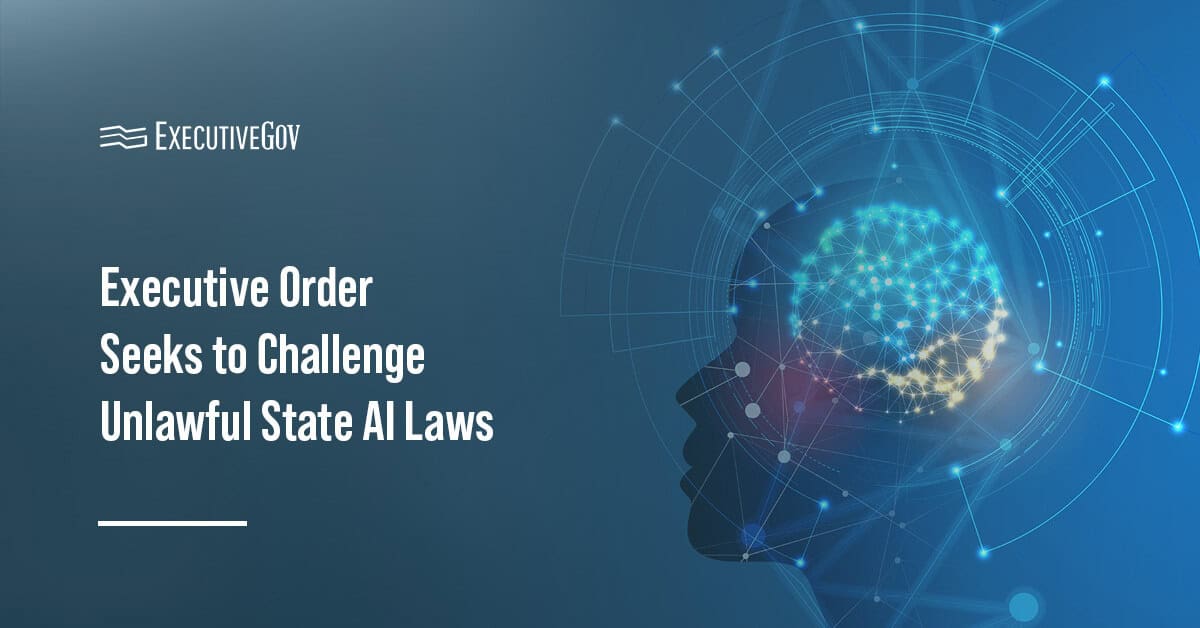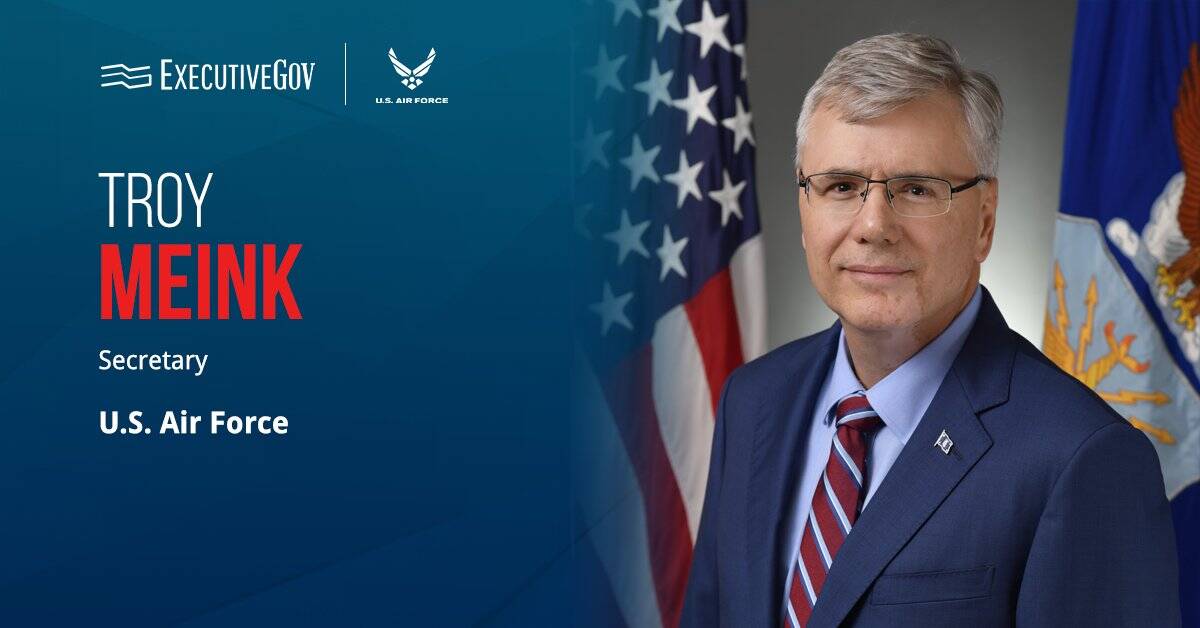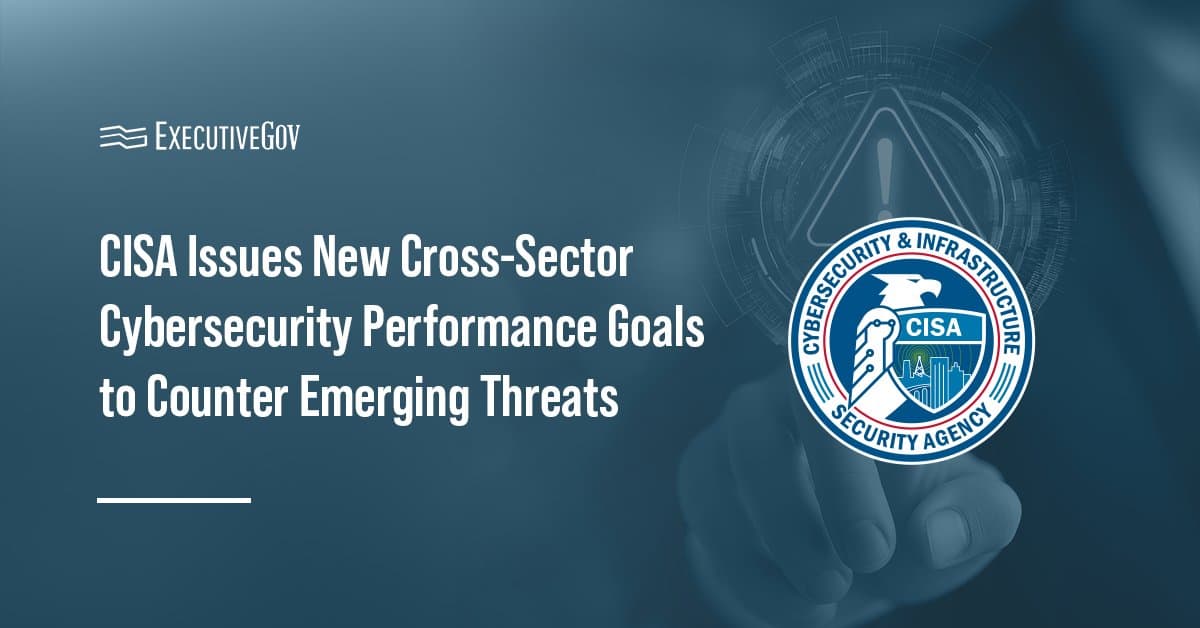
The Department of Health and Human Services is developing ways to use behavioral-based identity capabilities to improve security authentication procedures and move beyond traditional identifiers such as passwords, Nextgov reported Wedesday.
Jose Arrieta, chief information officer of HHS, told attendees at the Nextgov Emerging Technology Summit in Washington, D.C. that the joint effort with the Defense Information Systems Agency builds on HHS’ progress on the HHS Accelerate capability based on blockchain technology. He explained that the new identity authentication capability will bring such technologies to the network’s edge and use 240 behavioral-based characteristics like fingerprints and facial scans to verify the identity of a user.
HHS is currently identifying ways on how to test the capability in the department’s distributed network.





